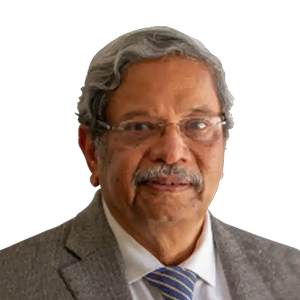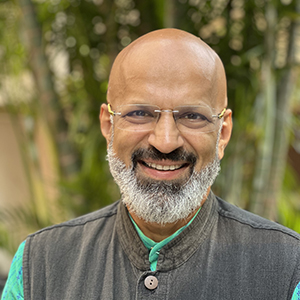Duration

Start Date

Duration

Location
Date

Model of
training

Programme Fee

Dr O.P Agarwal
Professor of Practice, ISPP Former Joint Secretary (Training), Govt. of India

Luis Miranda
Chairperson & Co-Founder, ISPP
Former Chairman, IDFC Private Equity


Batch Starting on

Model of
training

Programme Fee